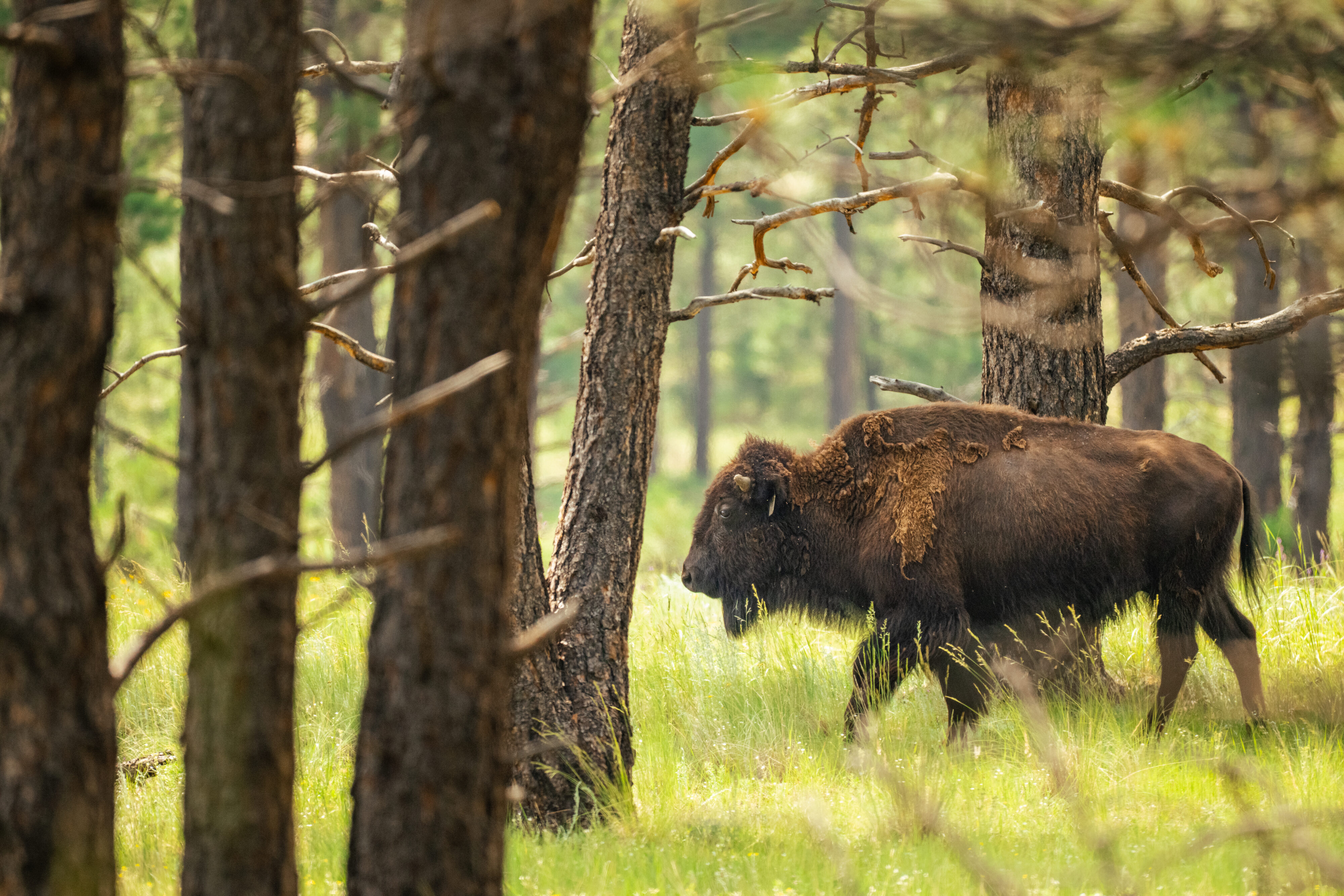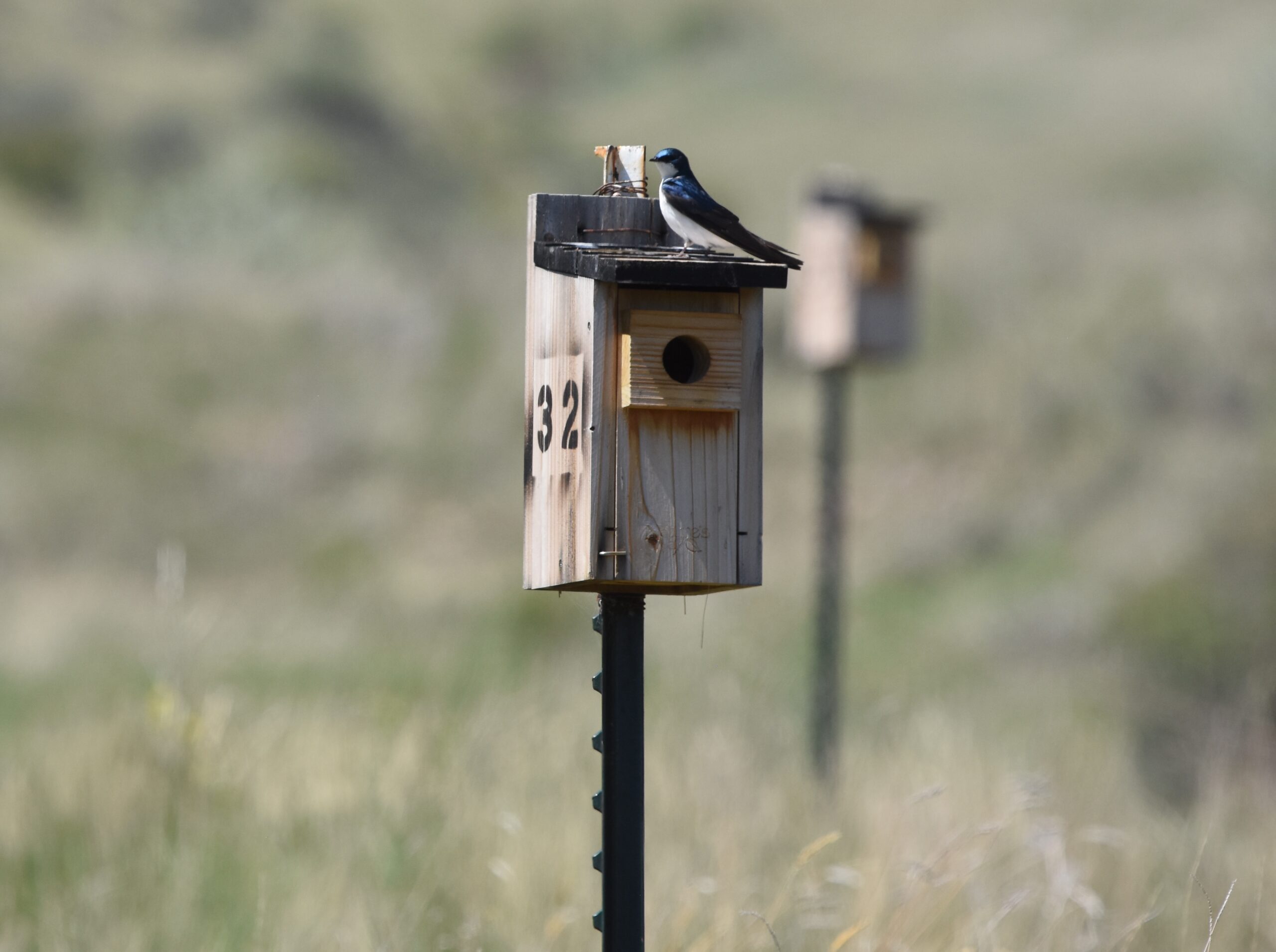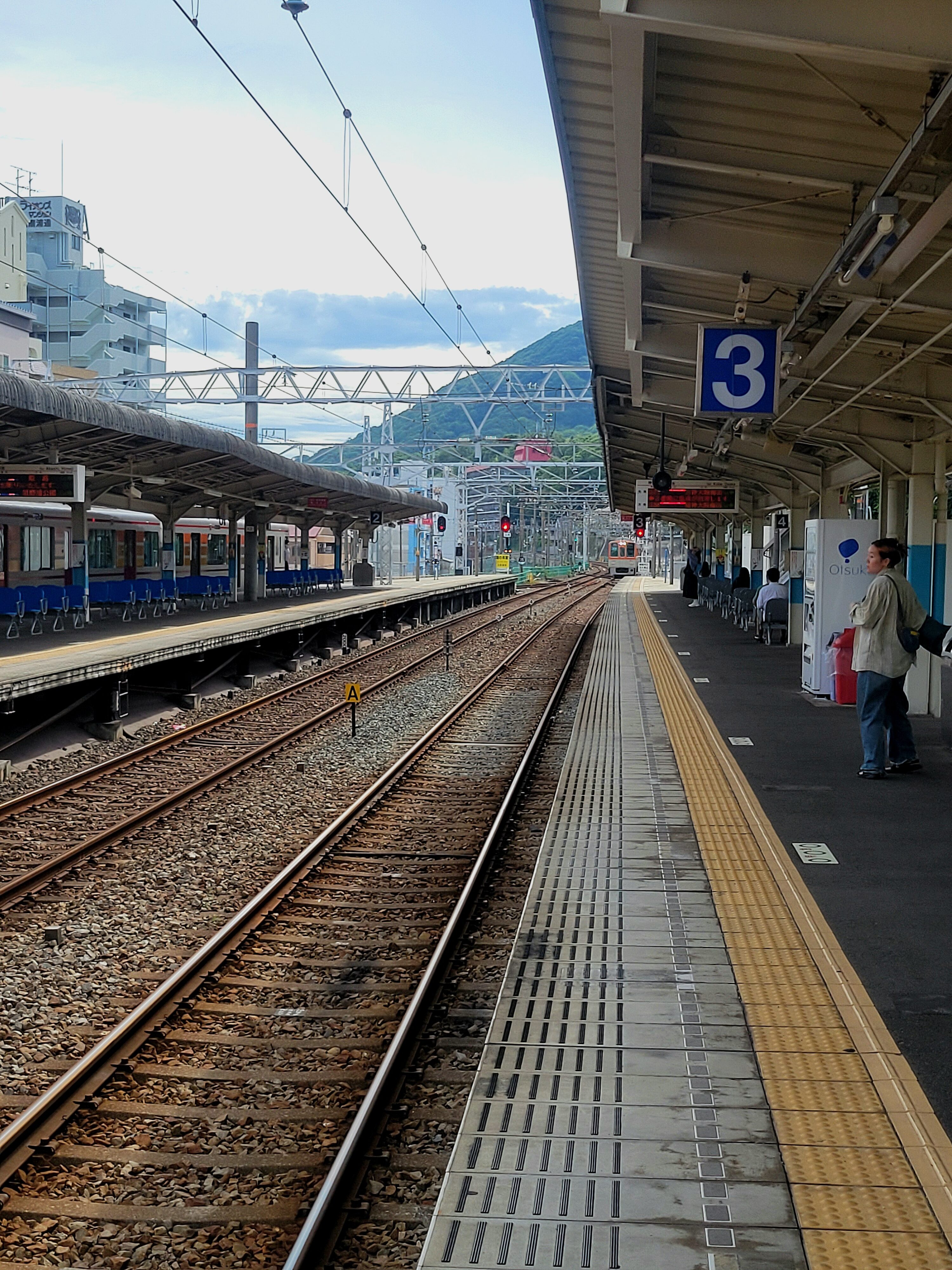 the underlying facts are real: the United States really did once strafe barrels of nuclear waste with machine gun fire into the Atlantic Ocean. Spent fuel rods really are left underwater for years, if not decades. While some nations practice fuel reprocessing, America is not alone in letting nuclear waste accumulate at reactor sites. And because of irresponsible waste management, real lives have been unjustly lost to slow, cancerous deaths.
the underlying facts are real: the United States really did once strafe barrels of nuclear waste with machine gun fire into the Atlantic Ocean. Spent fuel rods really are left underwater for years, if not decades. While some nations practice fuel reprocessing, America is not alone in letting nuclear waste accumulate at reactor sites. And because of irresponsible waste management, real lives have been unjustly lost to slow, cancerous deaths.
But it doesn’t have to be this way. The technology to reduce or even outright eliminate, the existence of nuclear waste already exists. Waste can be re-processed through a complex separation method known as PUREX (Plutonium and Uranium by Extraction), which is already practiced by countries such as Japan. Through PUREX, radioactive residuals are separated through pyrometallurgical processing, which is essentially a redox reaction based on electroplating. The uranium can be reused in the fission process, while the transuranic elements (known as residual actinides) are encased in glass. This process, called vitrification, minimizes the containment risks of nuclear waste to safe levels, while also enhancing fuel abundance.
In addition, there are reactors capable of producing a nonhazardous variety of waste. These are known as tri-structural-isometric, or TRISO, reactors. TRISO reactors contain a “pebble bed” of fuel spheres with a 0.5 mm Uranium dioxide core. This core is covered in dozens of carbonous layers for absorption. Once spent, the pebbles can be securely contained, do not require cooling storage, and are impervious to water leaching and seismic damage. The pebbles are much smaller and safer than a pile of uranium-filled barrels. What could possibly be a more ideal solution, except for perhaps switching to other renewable energy sources altogether?
In order to phase out fossil fuels and mitigate the colossal impacts of climate change already being observed, a transition to renewable energy is a must. This is truer today than ever before due to our rapidly closing time window to mitigate the worst of the climate crisis. But the transition must be done in a way that is responsible and fully minimizes the potential risks. This will be difficult with only ten years remaining to limit the catastrophic potential of the climate crisis. But the technological framework is already in place: all we need to do is pressure lawmakers and industries to use it! Funding its implementation should be a priority, since the Department of Energy accrues >$1 million a year for nuclear waste research and policy. In fact, research has found that funding for nuclear waste disposal has practically zeroed out between 2012 and 2016.
Have you listened to our friend's story? (If not, click here or scroll back to the beginning and hear them out). By producing nuclear energy in an irresponsible and polluting manner, humans are violating our inherent duty to protect and respect all forms of life. We are not to be conquerors and subjugators of this unique creation. No, we are to be supportive members of the natural world that birthed us, raised us, and helped us thrive into the species we are today. That is not to say that we cannot use the gifts nature blesses us with, but it must be done in a way that will value life and our ecosystem services as highly as we value ourselves. For nature is but a delicate machine made from many moving and interdependent parts: remove or foul up one gear, and the rest will spectacularly collapse.
Even though it is easy to think This won't impact me, realize this: if the Earth and the resources we all rely on become poisoned (i.e. the atmosphere from an explosive rocket launch failure), then we are all doomed to the same fate. And it could happen much, much more quickly than the geographically and temporally vast consequences of climate change. As odd as this sounds, it is not about saving the planet in the end. Earth has been around for 4.6 billion years and will continue to be, however battered and broken, until it is swallowed by the red giant our star will become in 5 billion years. No, in the end, it is about saving ourselves and our children. So we should strive to be compassionate and merciful to the rest of nature: if not for the sake of benevolence, then for our very existence.
Now that you know there are better ways to harness nuclear energy, I encourage you to be loud, speak up, and demand change. You may not believe your voice matters, but without each and every one of you calling your representatives or visiting them in office, the wave of the peoples’ will ceases to exist. Collectively, when our persistent voices rise loud above the din, we are the change we seek. But perhaps the most important thing to remember, above all, is to be kind.
">A chilling and somber tale about the costs of nuclear waste is told from an unexpected perspective.





















